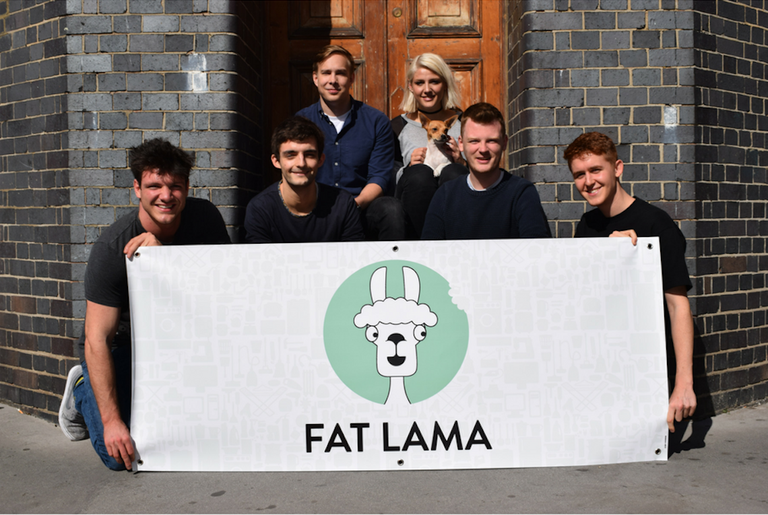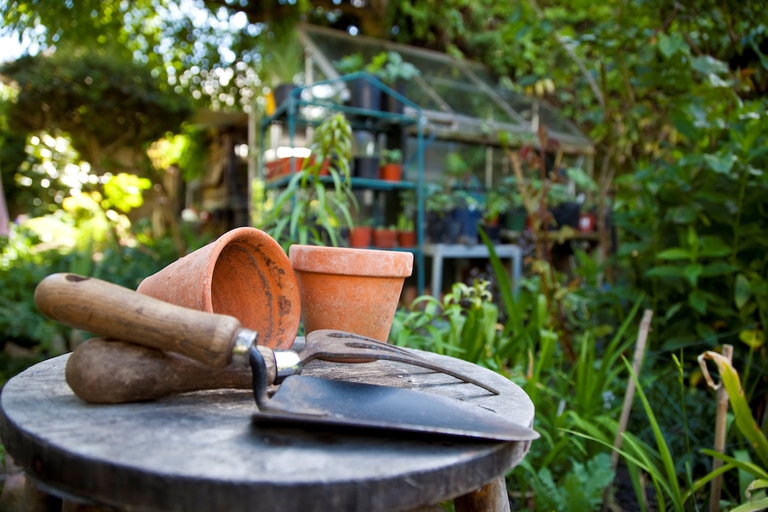
As per tradition after 12 years India held Mahakumbh, the world’s largest spiritual congregation that has been attracting pilgrims from across the globe.
Fat Lama wants to revolutionise the way people consume. The site will allow users to share their objects, combining trust and sustainability.
Fat Lama is an innovative online platform that allows users to lend and borrow any object. Part of the growing arenas of the experience and sharing economies (where objects and services are shared), and the circular economy. All of which revolutionise the basis of our modern economy exclusively based on the production of single-use objects.
The website meets the needs of millennials (aged 18 to 34), who as a group are increasingly distancing themselves from materialism: 65 per cent of them said that experiences are more important than objects and that they’re more interested in using their money for concerts, social and cultural events than material goods. This is what a study conducted in 2014 and sponsored by Eventbrite, the platform that allows anyone to create events, revealed. The study outcomes explain why websites such as Airbnb, Couchsurfing and BlaBlaCar are so successful.
“We rented an office space. One of the problems that we had was that things we were only using once were costing us so much,” says Chaz Englander, 24, one of the project’s co-founders. “It’s ridiculous because we knew that people in the same building probably had a ladder, drill, painting equipment. And we could borrow the stuff”.
So Englander and his partners, Rosie Dallas and Owen Turner-Major, had the idea of creating Fat Lama, which was launched in early November in London, mostly in the eastern and southwestern parts of the city, where the concentration of young professionals is higher. Their aim is to bring Fat Lama to the rest of the United Kingdom and other countries, too.
Using the site is easy: you sign in for free, propose what you want to rent, place the announcement in a the relevant category and indicate your location. Then all the objects are assessed and insured (note that chemicals or other objects that may trigger an illicit market aren’t available). The verification process is rigorous. The identity of the people who rent items out and the conditions of the latter are checked using sophisticated technology. If the transaction between the owner and renter ends well, Fat Lama takes a percentage of the price proposed by the person who offers the object up for rent.
The idea of trust is one of Fat Lama’s cornerstones. Though every object is checked, this isn’t necessarily enough to convince a person to rent something from a stranger. A sense of community needs to be created, one of the major challenges facing the website’s founders. “If you say hello to people at the bus stop here in London, they’ll probably call the police”, Englander says. “If you do it in Italy, they’ll probably invite you for dinner”. Even though such stereotypes are exaggerated, they often hide a kernel of truth. Englander, in fact, is referring to the lack of a sense of community and sharing in a megalopolis like London.
According to the founders of Fat Lama the project will change the way people live in the city and raise awareness on sustainability, giving an alternative to consumerism and the possibility of saving and earning money, and also of affording expensive goods. In this way, it could users with experiences rather than just material goods.
Siamo anche su WhatsApp. Segui il canale ufficiale LifeGate per restare aggiornata, aggiornato sulle ultime notizie e sulle nostre attività.
![]()
Quest'opera è distribuita con Licenza Creative Commons Attribuzione - Non commerciale - Non opere derivate 4.0 Internazionale.
As per tradition after 12 years India held Mahakumbh, the world’s largest spiritual congregation that has been attracting pilgrims from across the globe.
Workers in tea gardens of West Bengal, India, that produces Ctc tea for domestic consumption complain that they have been devoid of basic facilities while political parties make hollow promises during every elections which are never fulfilled.
India is in the middle of the elections, but sadly none of the politicians have uttered a word on man-animal conflict that has been devouring several lives every year.
Manipur, a state in north-east India, is still reeling under the tremors of violence that broke out last year devouring lives and paralyzing the economy.
The government of Tanzania is currently planning to evict more than 80.000 indigenous Maasai people from their ancenstral land
A new UNU-INWEH report on the global bottled water industry reveals the massive scale of this market and the lack of strict quality controls.
Isatou Ceesay founded a social enterprise that is helping to fight plastic pollution and empowering women and young people to gain economic independence.
In 2020, Mihela Hladin made a radical decision that many, in recent times, have probably considered. This is her story, with photos by Matt Audiffret.
The Brazilian government has started evicting illegal gold miners, responsible for the health emergency that has hit the Yanomami people.









